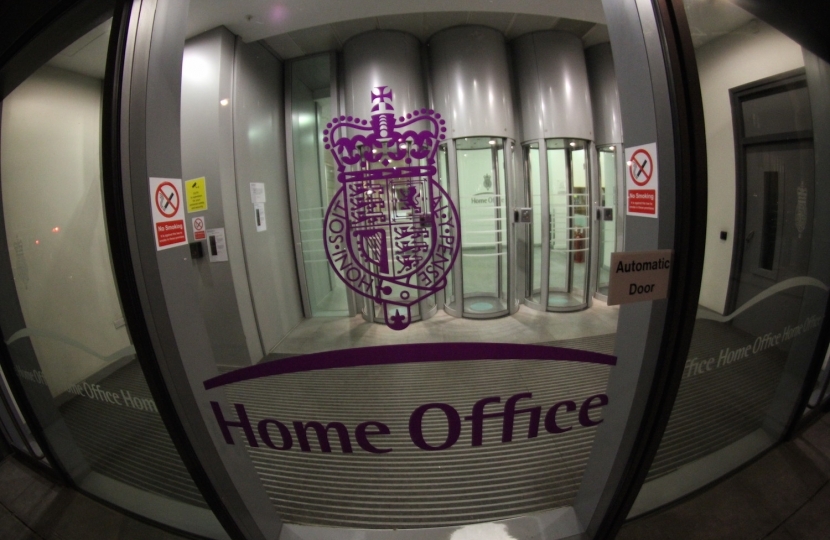
New laws which gives the give the UK greater powers to crackdown on hostile state activity, have today received Royal Assent.
The Counter-Terrorism and Border Security Act 2019 also ensures sentencing for certain terrorism offences can properly reflect the severity of the crimes, as well as preventing re-offending and disrupting terrorist activity more rapidly.
In addition, the act updates existing counter-terrorism legislation to reflect the digital age including the way in which people view content online. It also reflects the speed at which terrorism plots develop.
Home Secretary, Sajid Javid, said:
Terrorists and hostile states pose a persistent threat to our national security, with the 2017 atrocities and Russia’s use of chemical weapons on our soil highlighting the dangers we face.
Keeping people safe is my number one job and this important piece of legislation will help do that.
The Counter-Terrorism and Border Security Act gives the police the powers they need to disrupt plots and punish those who seek to do us harm.
The main provisions included in the act are:
- a new power to stop, question, search and detain an individual at a port or border area to determine whether they are, or have been, involved in hostile state activity
- creating an offence of entering or remaining in an area outside the United Kingdom that has been designated by the Home Secretary if it is necessary for protecting the public from terrorism
- updating the offence of obtaining information likely to be useful to a terrorist to cover material that is only viewed or streamed, rather than downloaded to form a permanent record
- an increase to the maximum penalty for certain preparatory terrorism offences to 15 years’ imprisonment
- extending the offence of inviting support for a proscribed organisation
- a requirement for terrorist offenders to provide additional information to the police in line with what registered sex offenders must provide
- establishing an independent review of Prevent, the government’s strategy for supporting those vulnerable to radicalisation
In June 2017, the Prime Minister announced a review of the government’s approach to counter-terrorism to ensure that it was working as effectively as possible. It resulted in the government’s updated counter-terrorism strategy, CONTEST, which was published in June 2018. New legislation was central to the revised strategy.
The act was introduced as a Bill to the House of Commons on 6 June 2018 and was introduced to the House of Lords on 12 September 2018.
A provision amending the Reinsurance (Acts of Terrorism) Act 1993 comes into force today (Tuesday 12 February).
The additional provisions in the act will come into force in the coming months.

